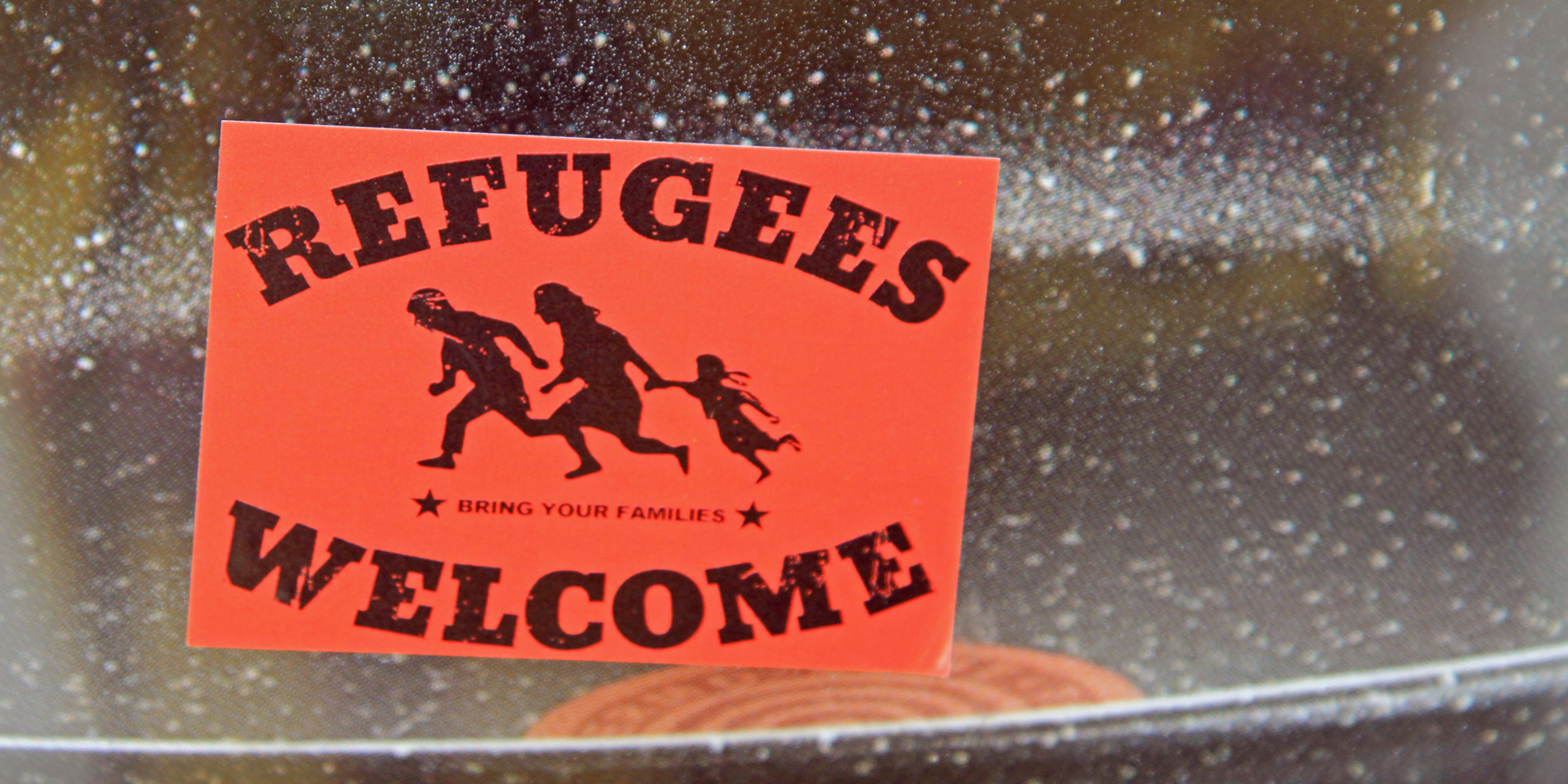A new app could slash the time it takes for GPs to produce a vaccination schedule for refugees
A new app could slash the time it takes for GPs to produce a vaccination schedule for refugees by drawing on data already captured in medical records.
Refugees often arrive on Australian soil under-vaccinated, but working out a catch-up schedule can be a time-consuming process for GPs.
Chris Smeed, who developed the app, noticed that GPs at Inala Primary Care in Brisbane were spending hours each week manually re-typing vaccination data into online vaccination schedule calculators.
“Vaccination is complicated, especially for people who have just arrived in Australia,” Dr Suzanne Williams, at GP at Inala who helped develop the app, said. “Working out what they need and when they need it takes time.”
Mr Smeed, who is the clinic’s director of finance and business development, said many refugees came in for catch-up immunisations, ranging from newborns through to the elderly and that two in every five consultations at the not-for-profit clinic were not conducted in English.
He realised that vaccination scheduling was “basically a logic problem” that could largely be automated.
His app, which is still in the initial stages of development, extracts data from Best Practice patient management system records and works out the catch-up schedule needed, based on the guidelines in the Immunisation Handbook.
If a patient missed a catch-up vaccination, the GP could simply re-run the data through the app to produce a new vaccination schedule, said Mr Smeed.
And unlike the government calculator, which cuts off at age 10, Inala Primary Care’s app devises schedules for patients of all ages.
“There’s no point having tool for some, but not for others,” Mr Smeed said.
The app also produces a portable vaccination record for patients who move to a different GP clinic.
“One of the outcomes of our app is it produces a lovely little PDF that shows the schedule and when things are due, so if we get a request for records from other practice, we could then provide that,” said Mr Smeed.
The app recently won a competition called “Random Hacks of Kindness”, in which volunteers develop open-source software.
Mr Smeed is now looking for partners to take the app to the next stage.
Once the app is trialled in practice, Mr Smeed hopes to incorporate more features, such as the ability to produce reminders and produce vaccination schedules in multiple languages.
Refugees have lower rates of vaccination due to disruptions in their lifestyles and lower rates of vaccination in their countries of origin, according to data from the McKell Institute.
Vaccination rates for the top five countries of origin for refugees are around 13 to 37% lower than the Australian average, WHO data shows.


